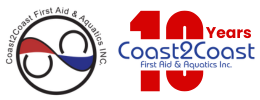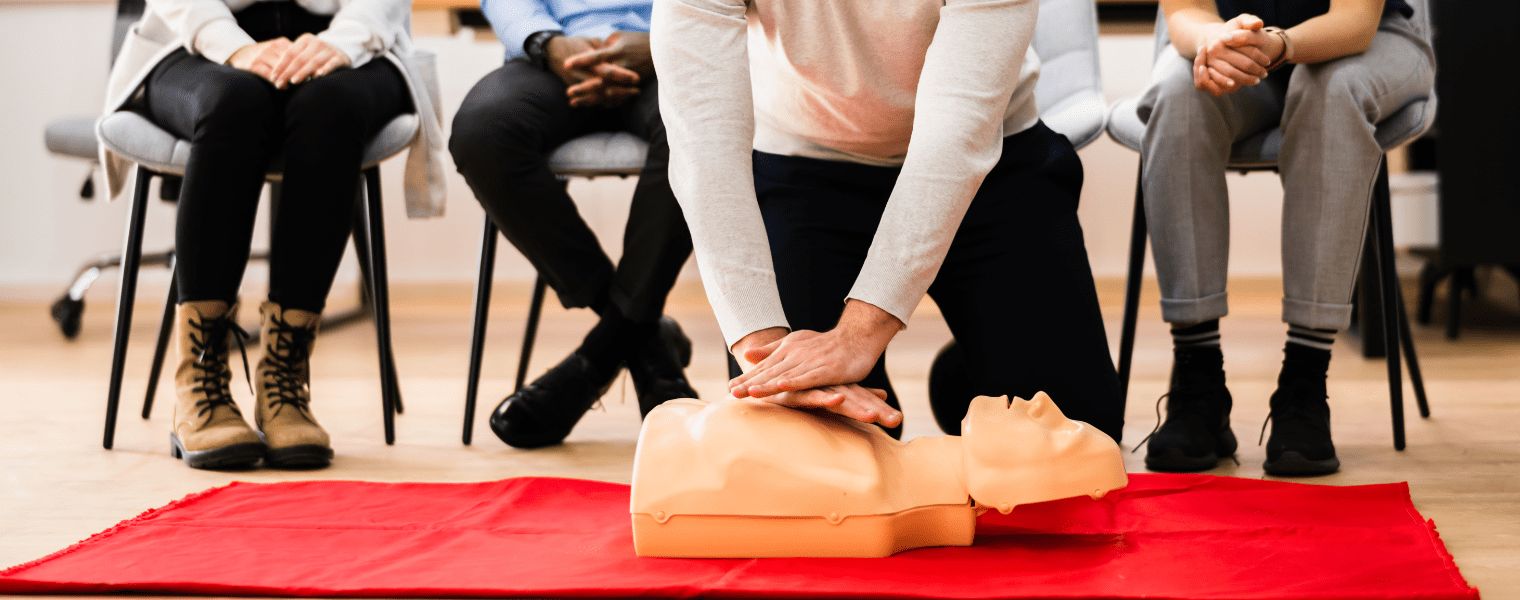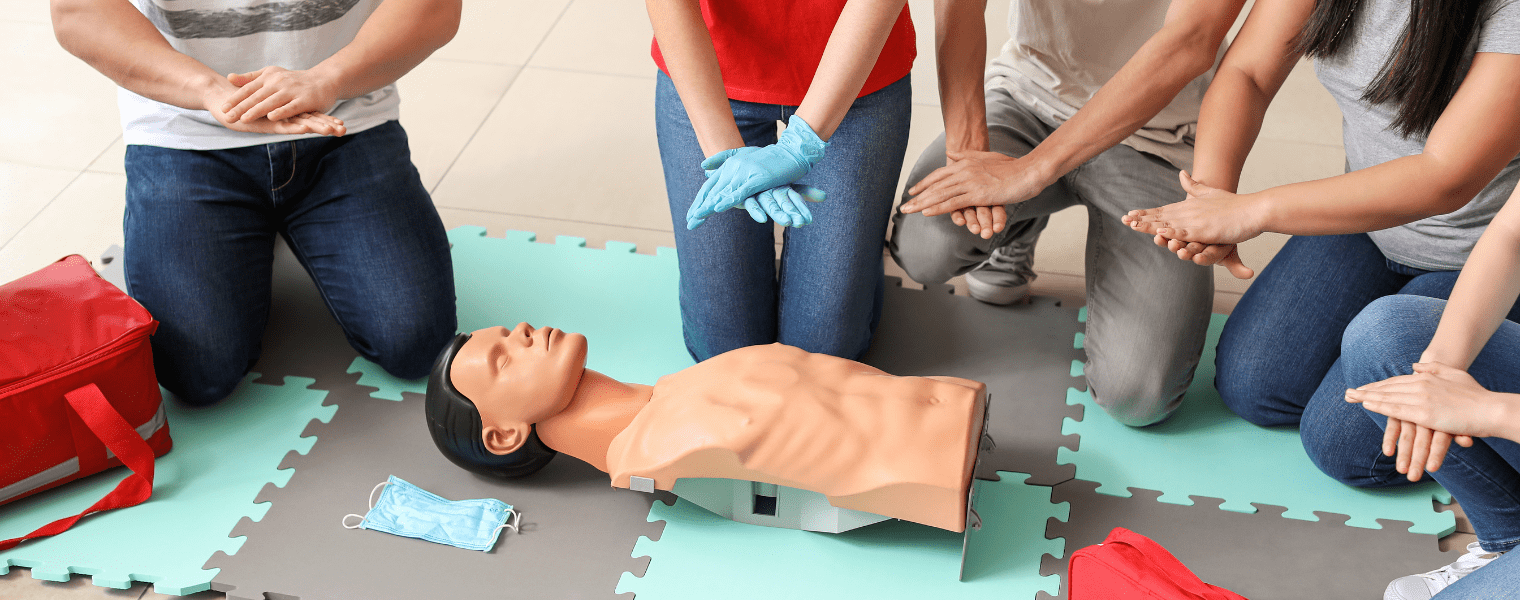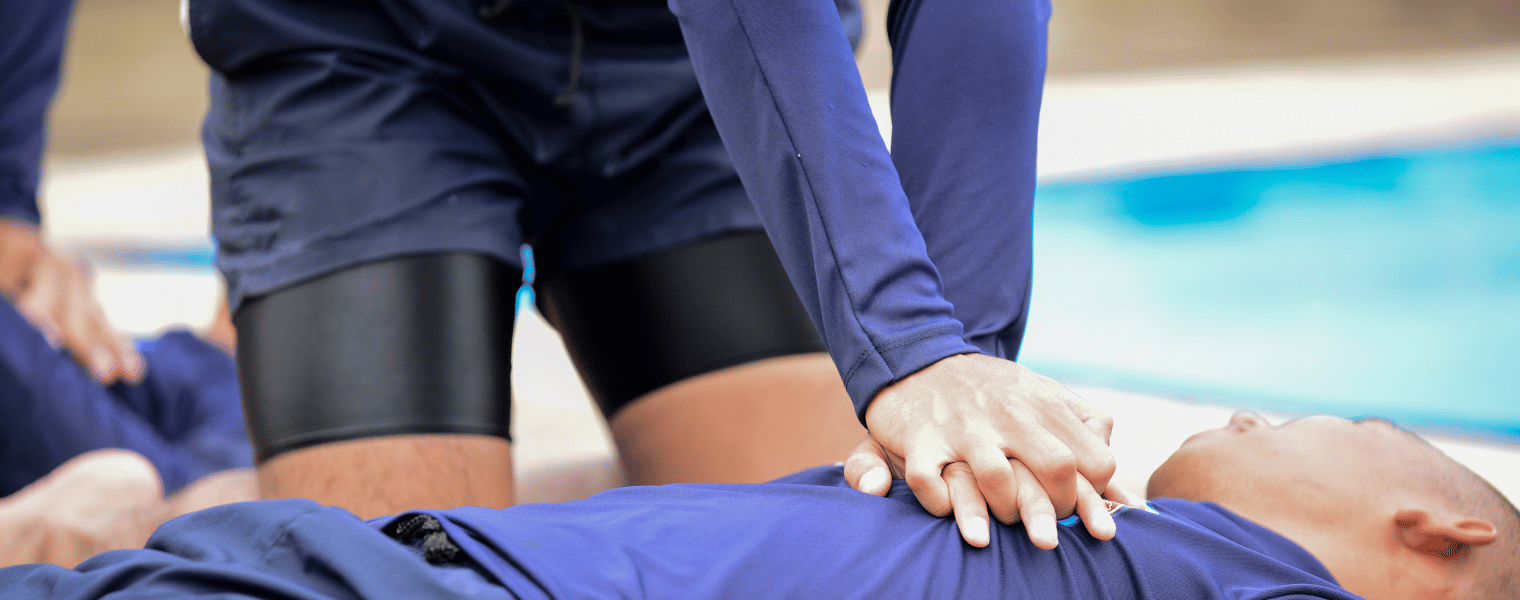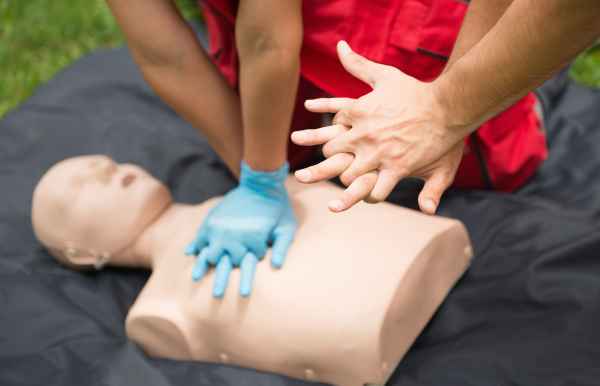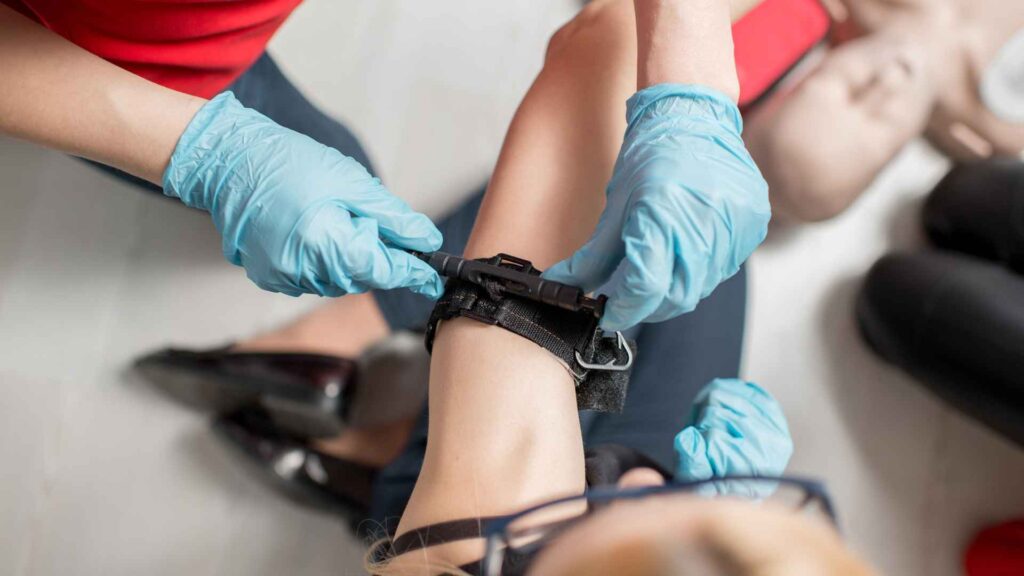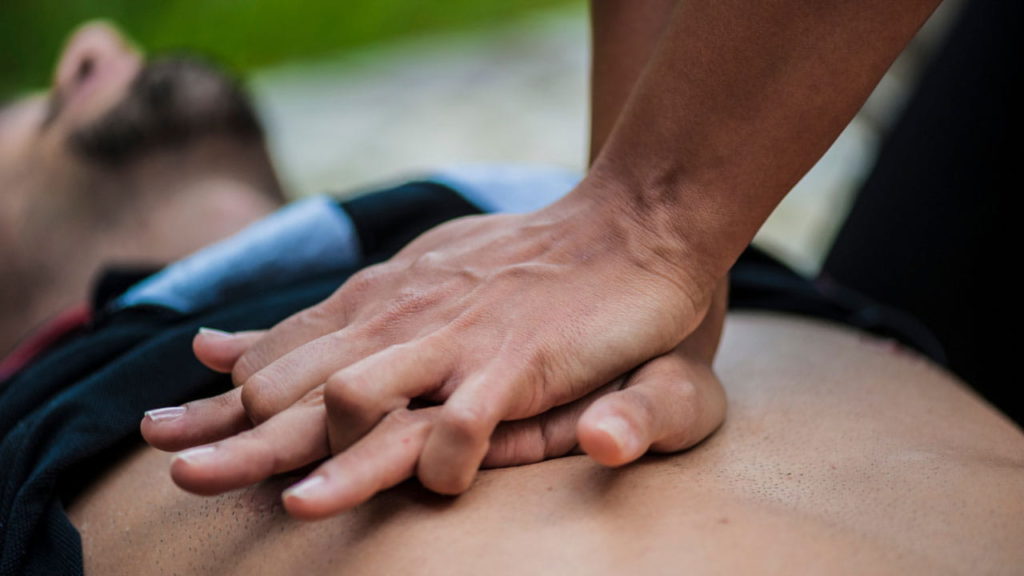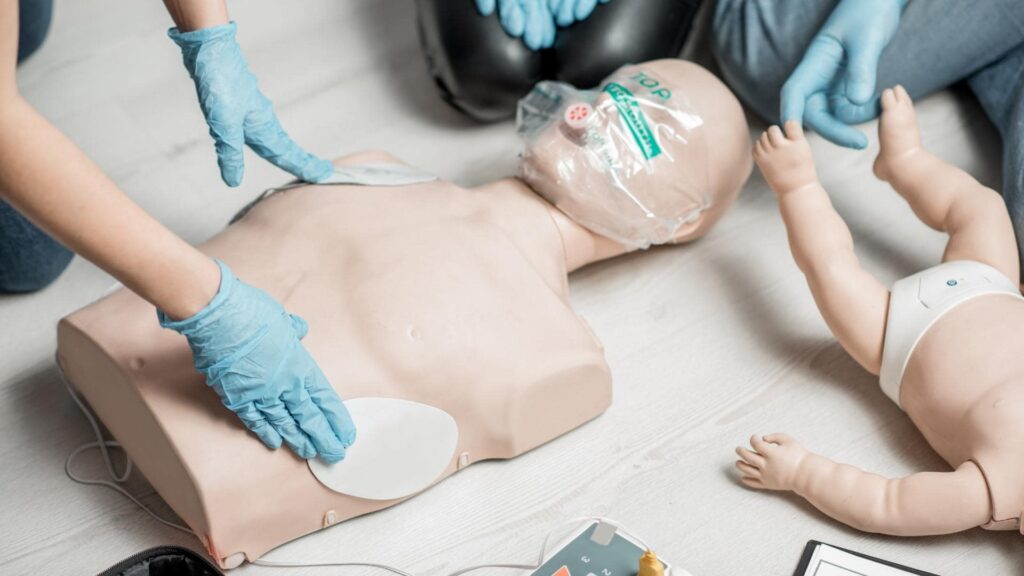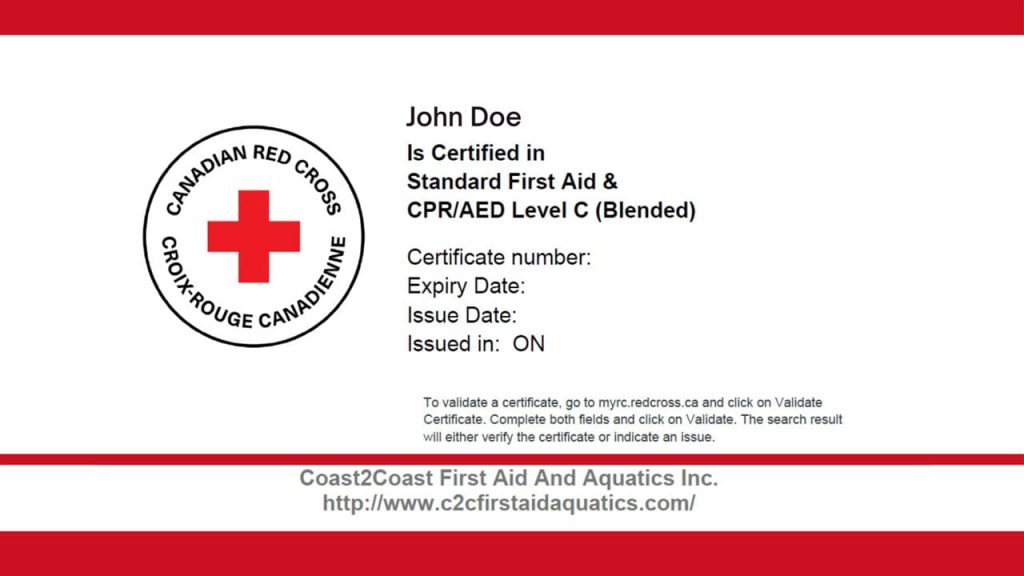Over time, reliance on opioid usage has increased in Canada. Figures from responses to a Canadian Community Health Survey in 2018 show that 13% of Canadians reported using opioids the previous year, and 9.6% of them used it in ways that could harm their health.
Opioid-related mortality in Ontario increased during COVID-19 by 135% from 23 to 54 in the period used for this study. People who use drugs, opioids included, were severely affected by the pandemic-mandated measures since physical distancing decreased health care delivery and increased social isolation.
In this blog, we’ll discuss what you must know about opioid overdoses and how you can help someone who has overdosed.
Learn how to Care for Opioid Overdoses
What Opioids Do To Our Body
Opioids are pain-relieving medications prescribed for acute pain and must be used as prescribed by a doctor. Unfortunately, they are highly addictive. When misused, they pose several risks to the body. When consumed, opioids interact with opioid receptors found in the body’s cells, increasing dopamine production and releasing signals that dull the pain.
Morphine, an opioid made from the poppy plant, is one example of an opioid, but synthetic opioids have a synthetic ingredient known as fentanyl. Other opioids include oxycodone, hydrocodone, and codeine. Heroin is an illegal opioid.
Opioids effectively treat pain, but people don’t realize the dangers they hide. Lower doses of opioids relieve pain but have one side effect – sleepiness. In higher doses, opioids will slow your breathing and heart rate, often leading to death.
Opioids increase feelings of pleasure, an experience that often leads to opioid cravings and addiction. Continued use of opioids tricks the brain into thinking it doesn’t need to produce its own dopamine.

How to Reverse Effects of an Opioid Overdose
It is good to know the signs of an opioid overdose so that you can react quickly. These include:
- Slow, shallow or no breathing
- Extreme sleepiness
- Inability to talk
- Dark lips and blue skin
- Tightness of chest
- Small pupils
If you suspect that someone with these symptoms has taken an opioid overdose, you must immediately:
- Call for an EMS or 911 and get the AED or ask a bystander to do so.
- Begin CPR if the person is unresponsive and not breathing. CPR should not be delayed to provide naloxone.
- Give naloxone to a person who is unresponsive but breathing, as long as you have received instruction on how to do so and if you are qualified in its use. Always follow precise instructions when providing naloxone.
- Continue to care for the person until EMS personnel arrive. Ensure that the individual receives appropriate medical treatment since naloxone alone isn’t sufficient in caring for someone who has overdosed on opioids.
Opioid addicts need love and support and should be encouraged to get help. Unfortunately, the withdrawal symptoms for opioids aren’t pleasant and can last up to ten days. These include cravings, irritability, anxiety, insomnia, and abdominal pain. Expect them to experience vomiting, diarrhea, shaking, and they will constantly feel cold.
Opioid addictions require specialized help because of the severity of the symptoms and require medications to relieve them. Patients also need counseling and support.
Avoiding addiction to opioids requires their safe use. Ensure that your loved ones use them correctly for pain relief, as prescribed by a doctor. There are also alternative options for pain relief. The signs of addiction mainly involve behavioral changes, and these are some of the most obvious:
- Strange changes of friends
- Avoiding family and friends
- Spending time alone
- No interest in activities
- Lack of personal hygiene
- Sadness, nervousness, crankiness, and excessive tiredness
- Loss of appetite
- An unusual burst of energy
- Quick mood changes
- Problems with the law and financial hardship
- Missing school or work

First Aid Training and Opioid Overdoses
Learn to care for someone with an opioid overdose with Coast2Coast’s First Aid Training. Whether you know someone who might need help because of opioid addiction, want to learn how to help people during an overdose, or need First Aid Training for your work, Coast2Coast First Aid courses teach you to confidently perform all the correct steps to help save their lives. Blended and all-in-class WSIB-approved courses are available in several locations across Ontario.
